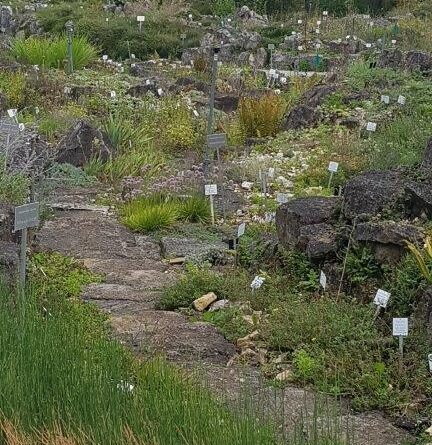Climate change is complicating revegetation
By John Fitzsimmons
Revegetation is a complex specialist subject built on knowledge and experience of many interconnected fields. It is now an integral process in repairing damage to landscapes following fire or damaging weather events, post-mining or other industrial activity, and re-connecting disrupted ecosystems.… Continue reading
Read More
